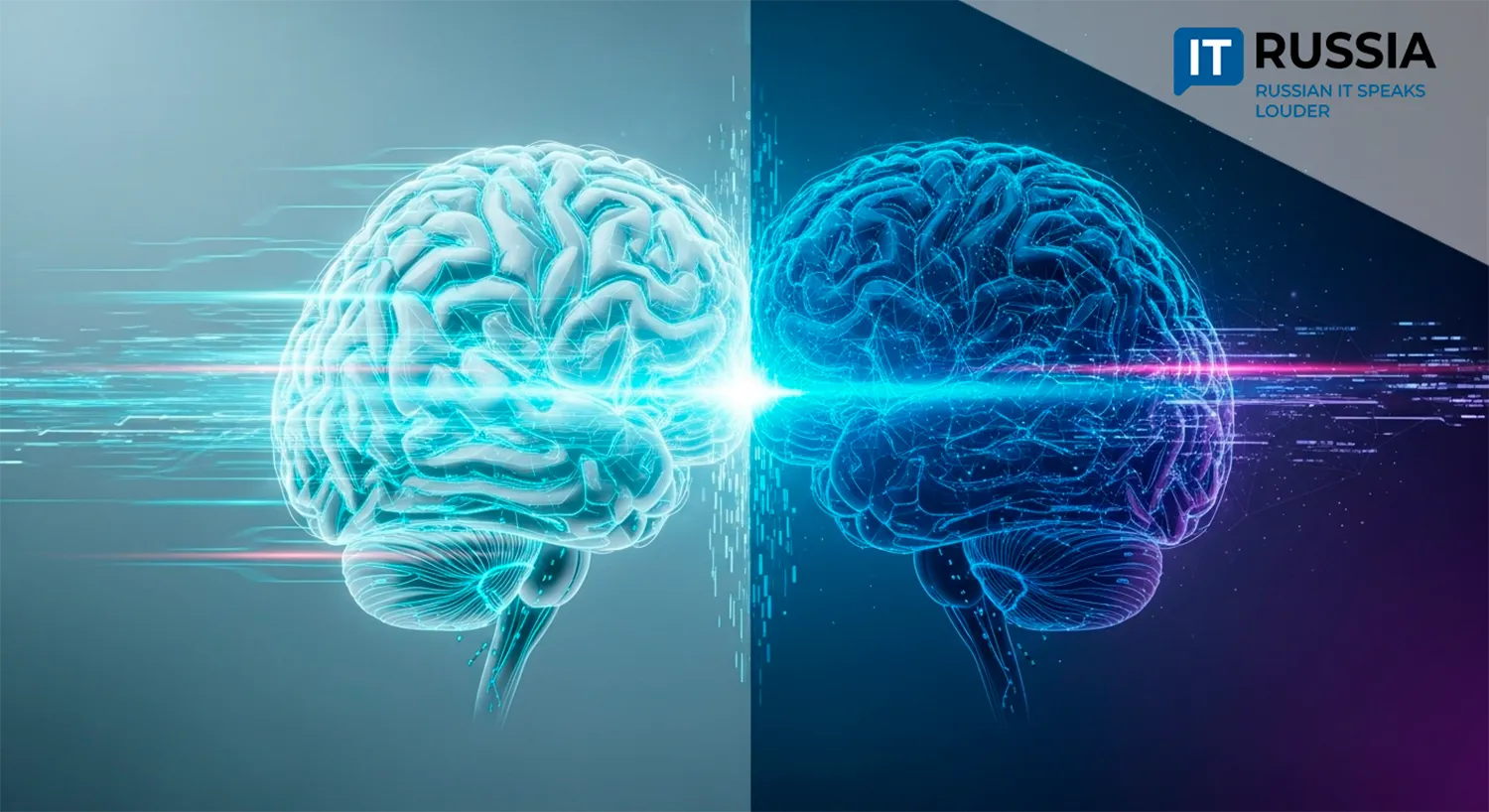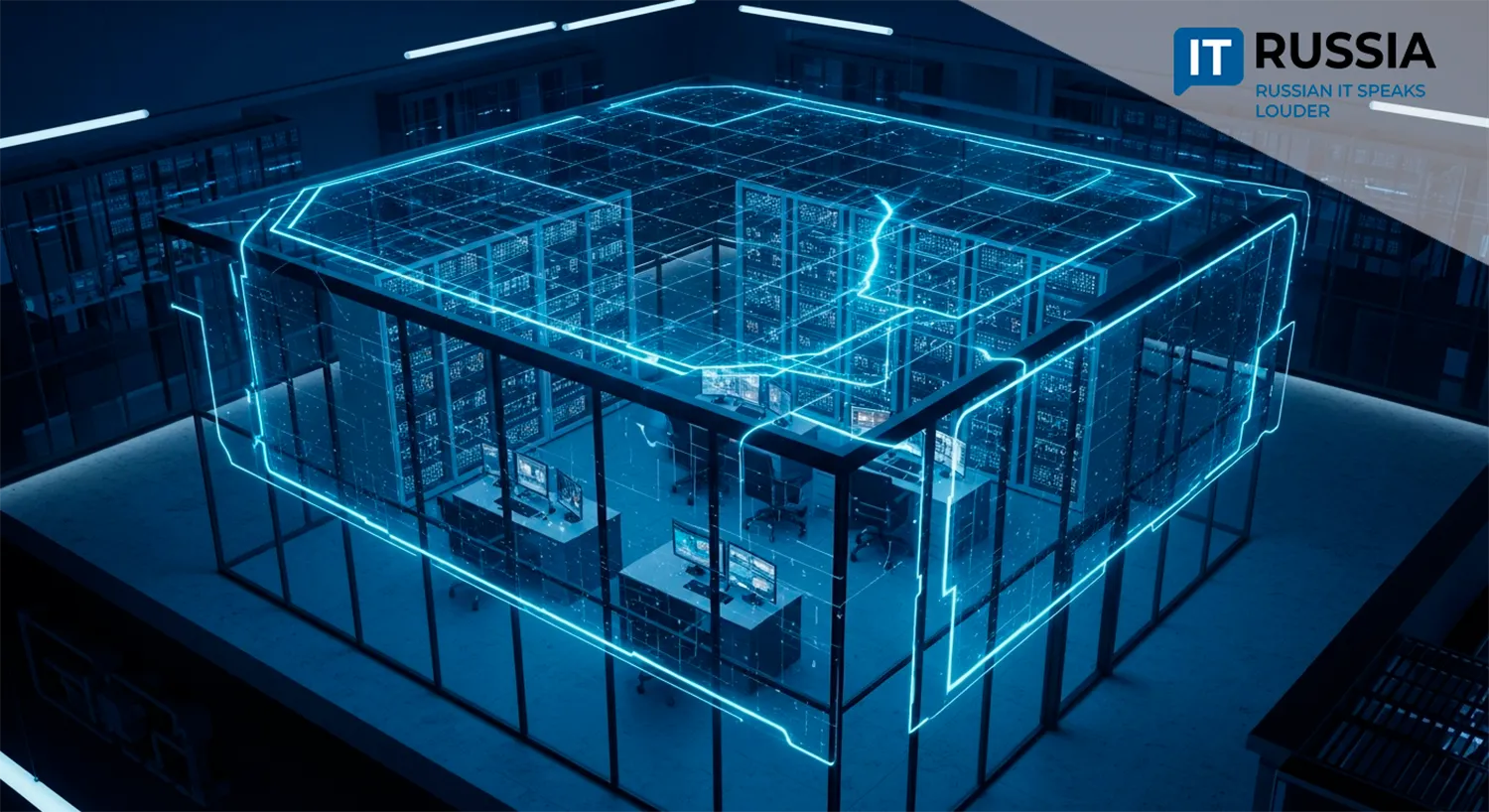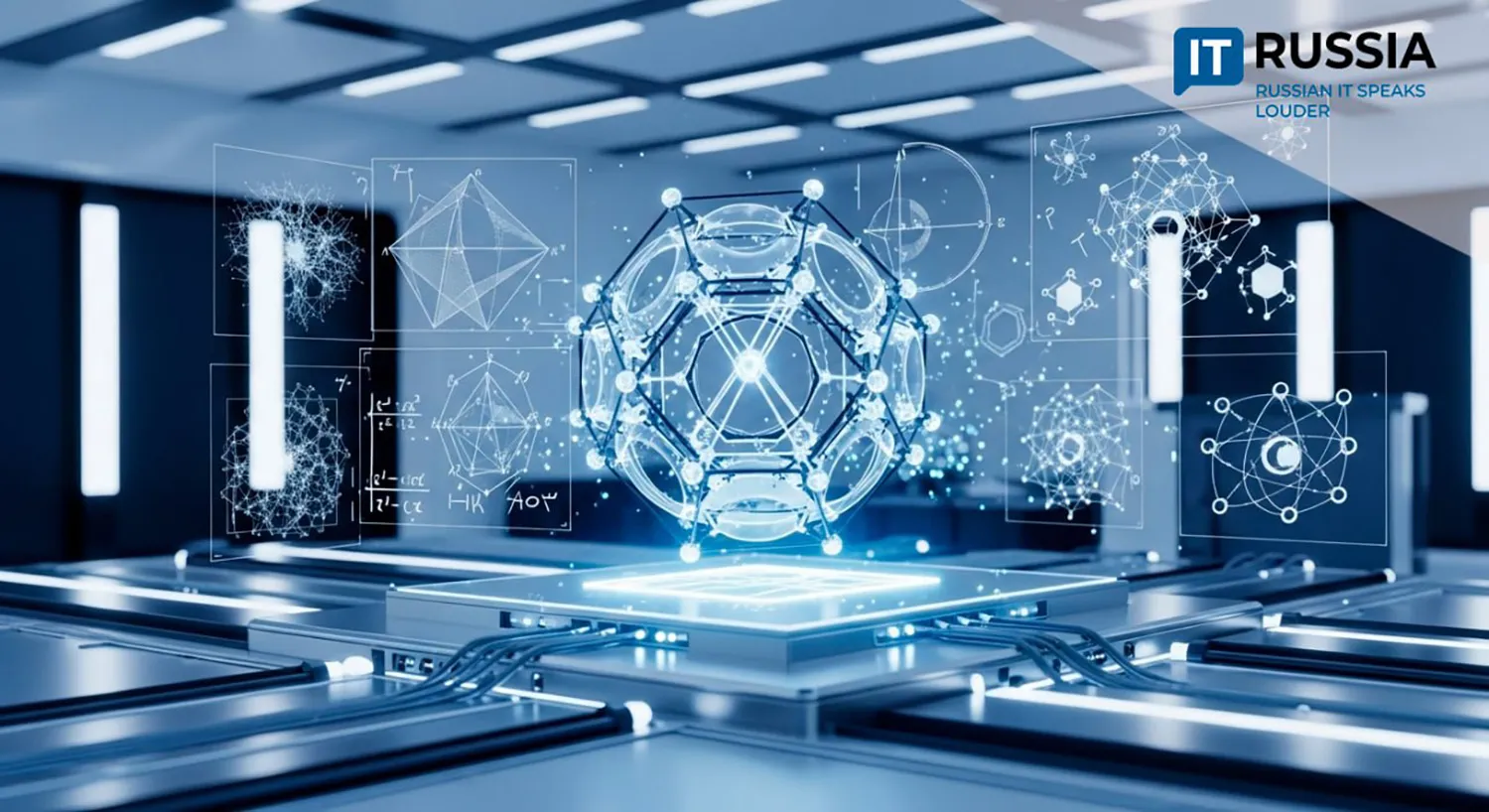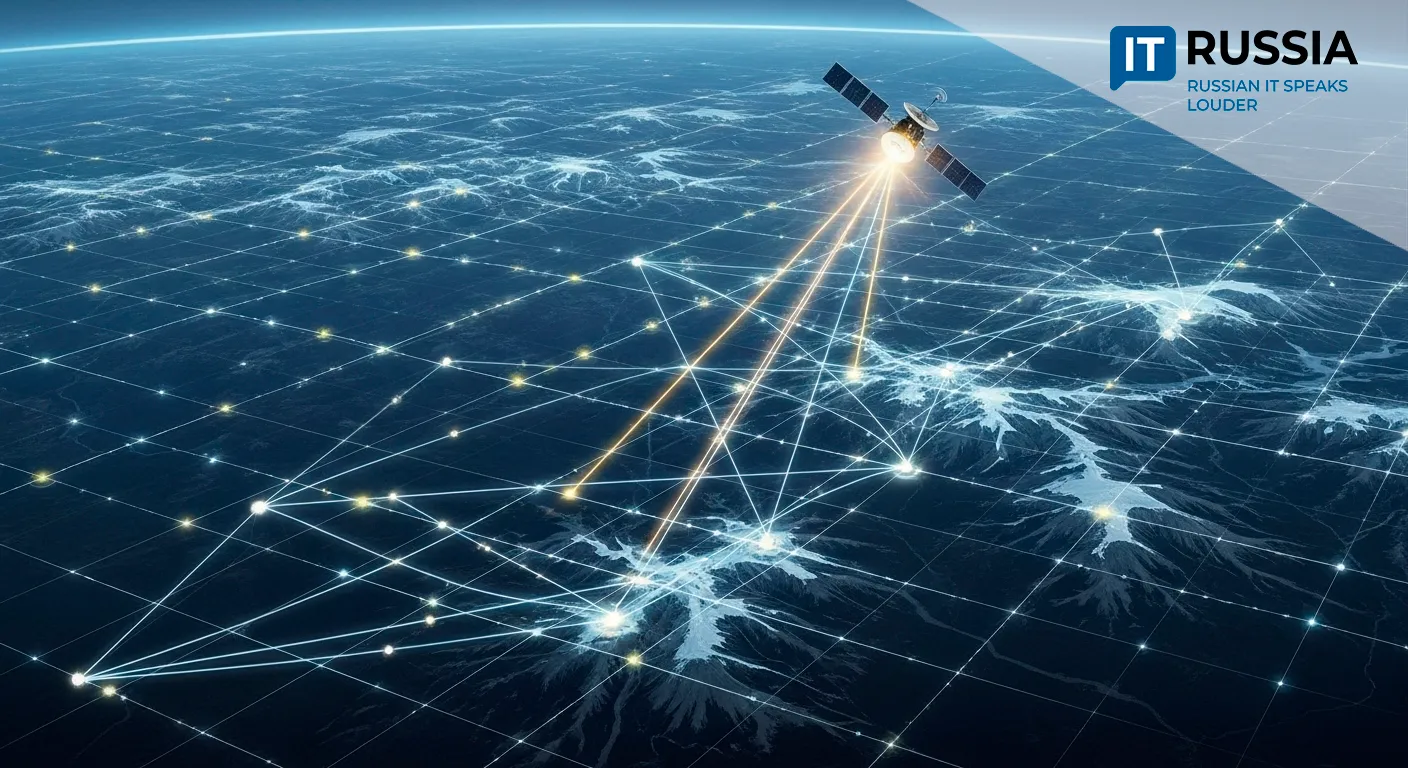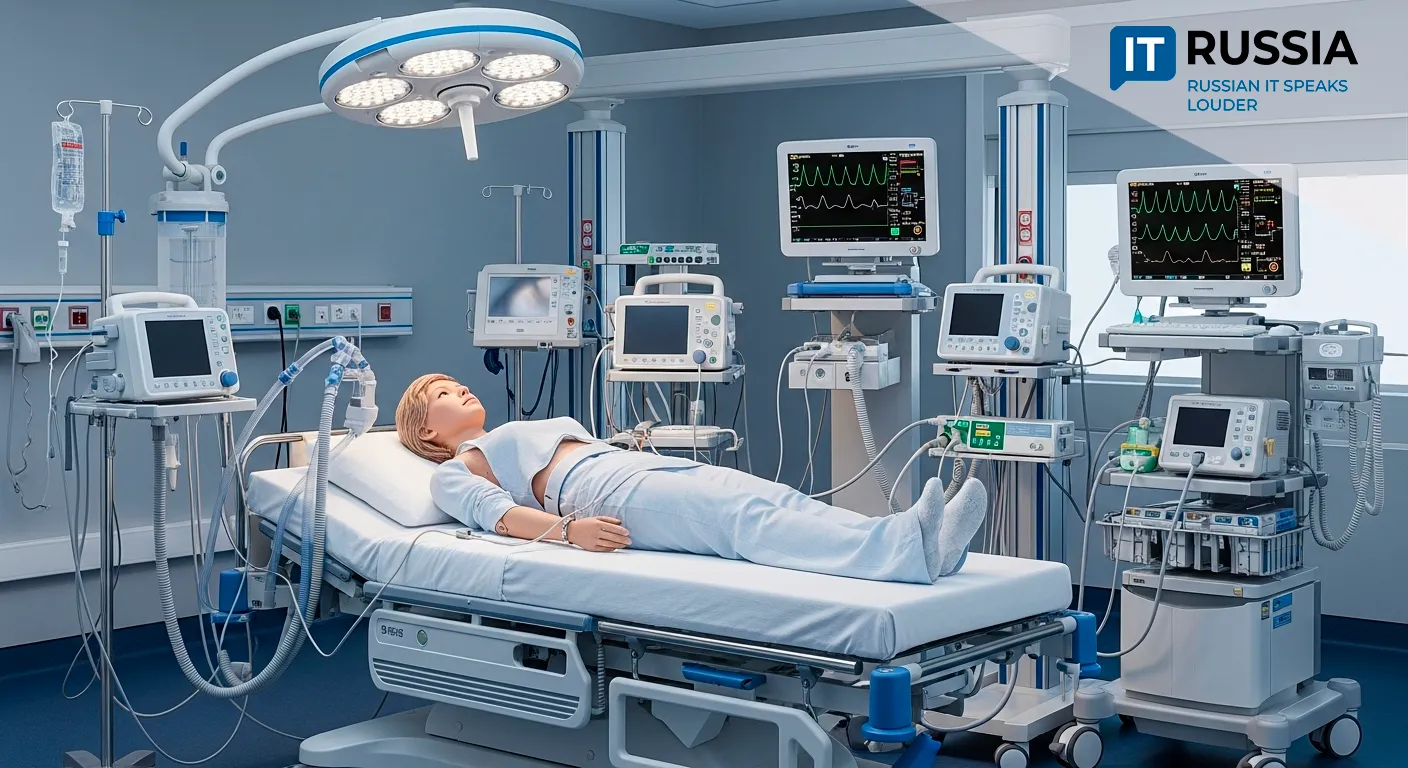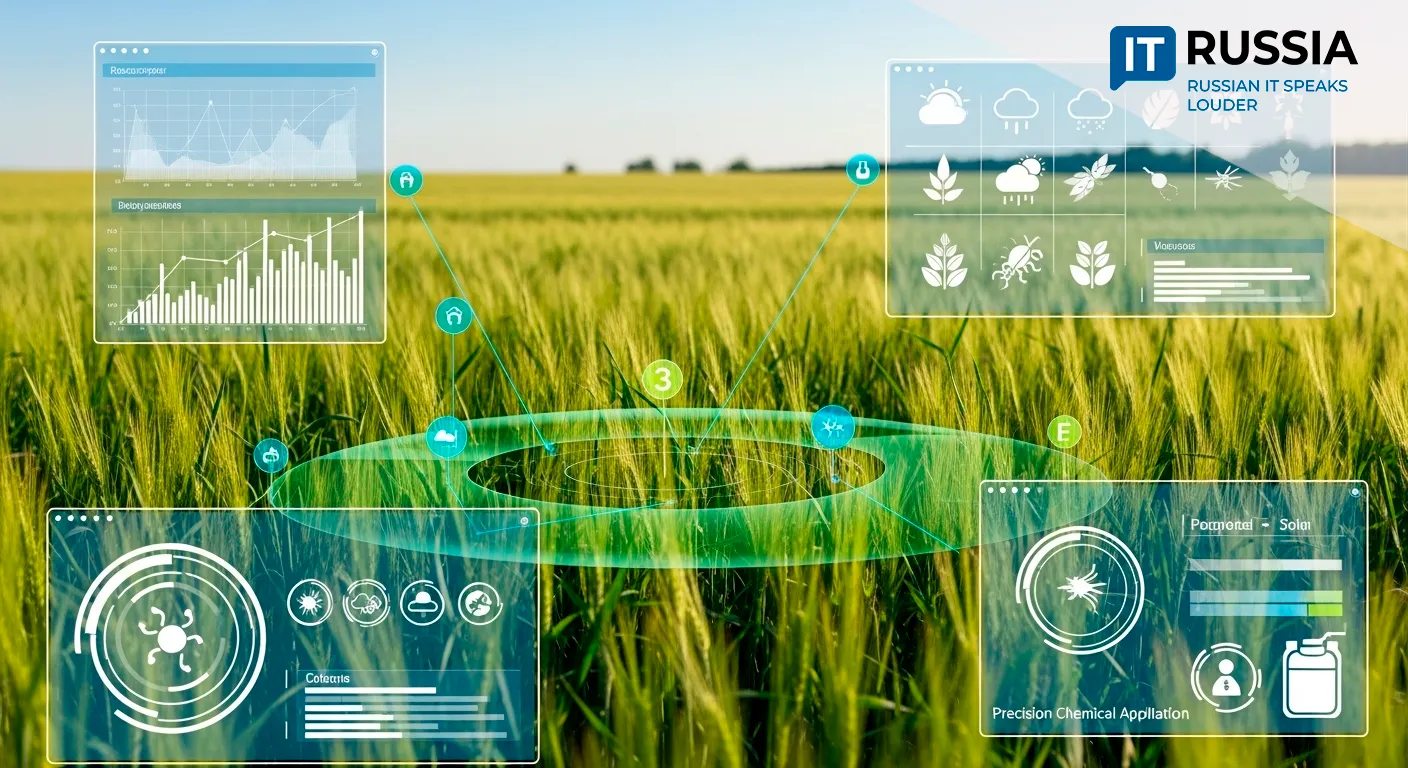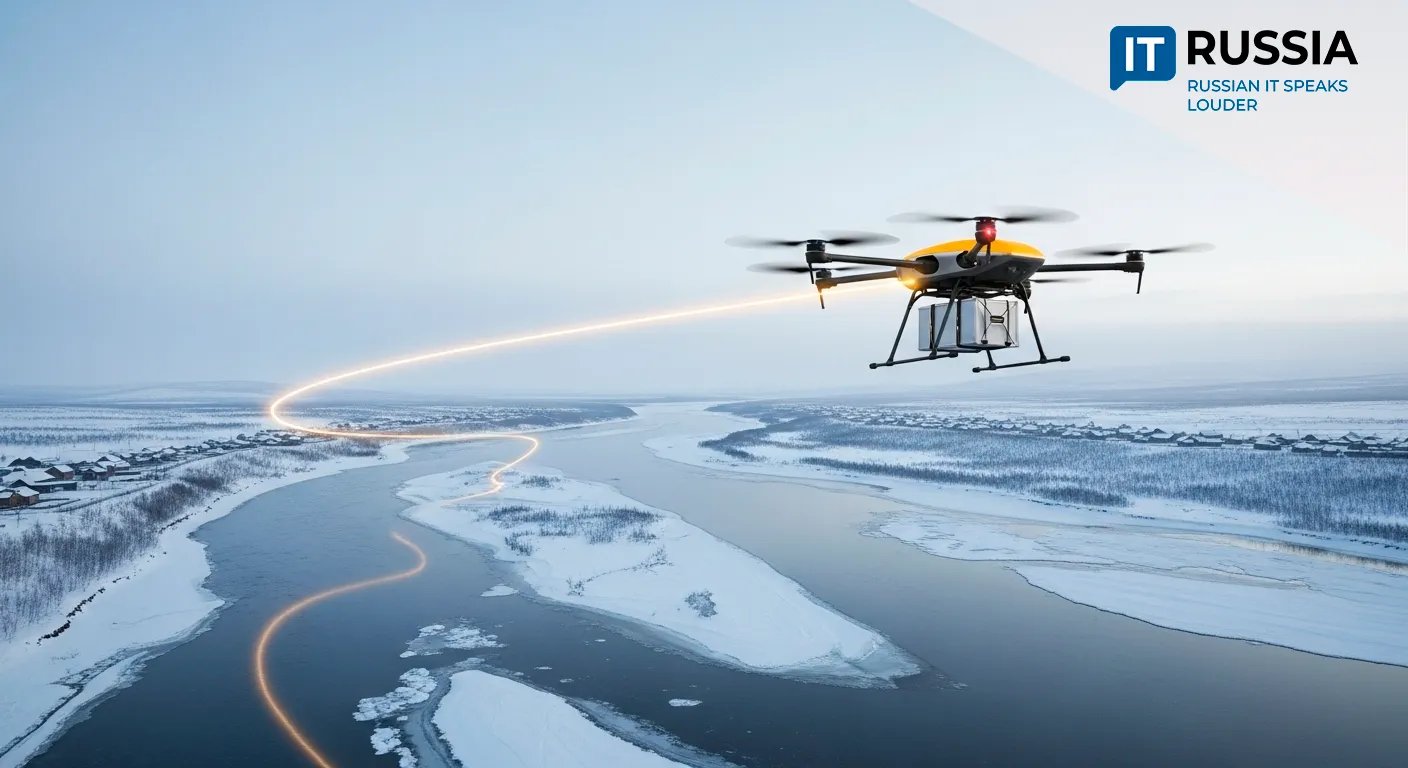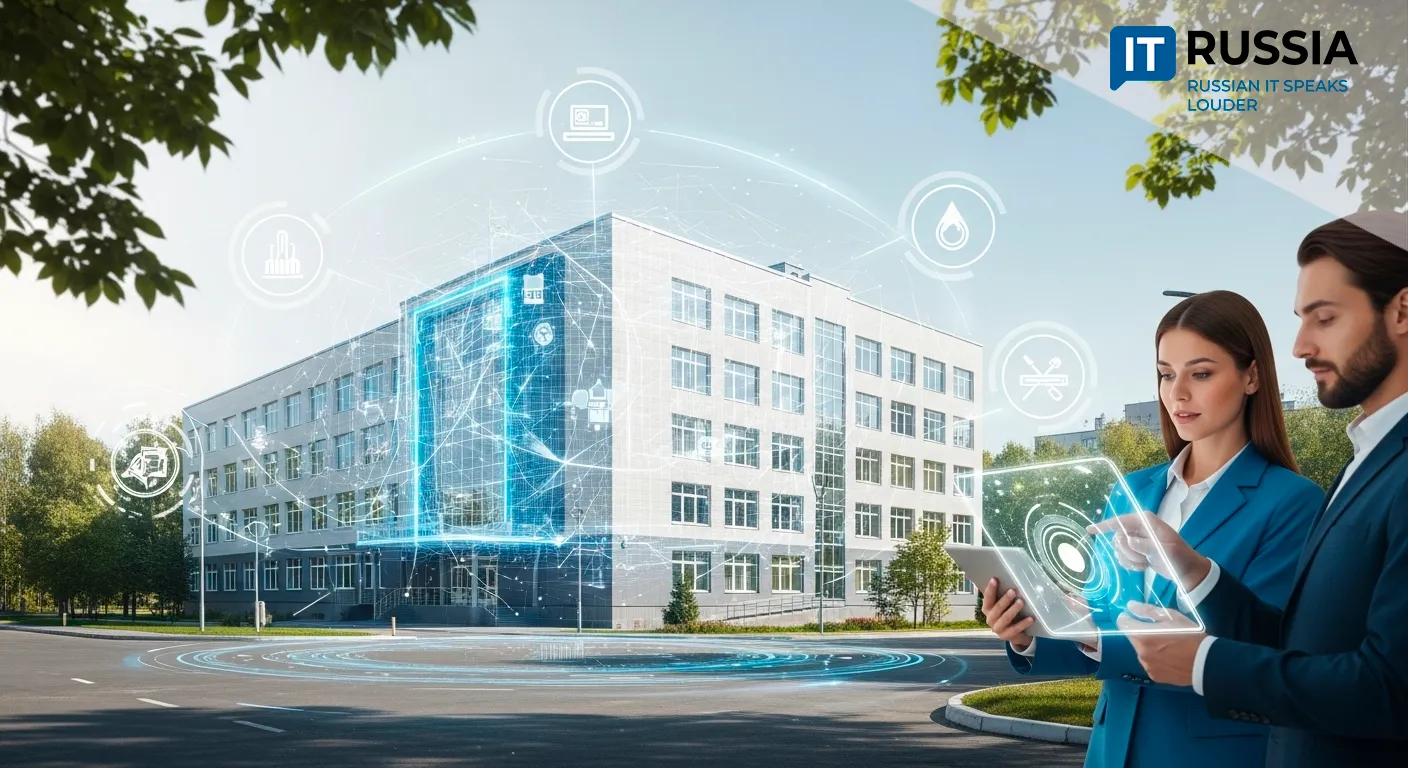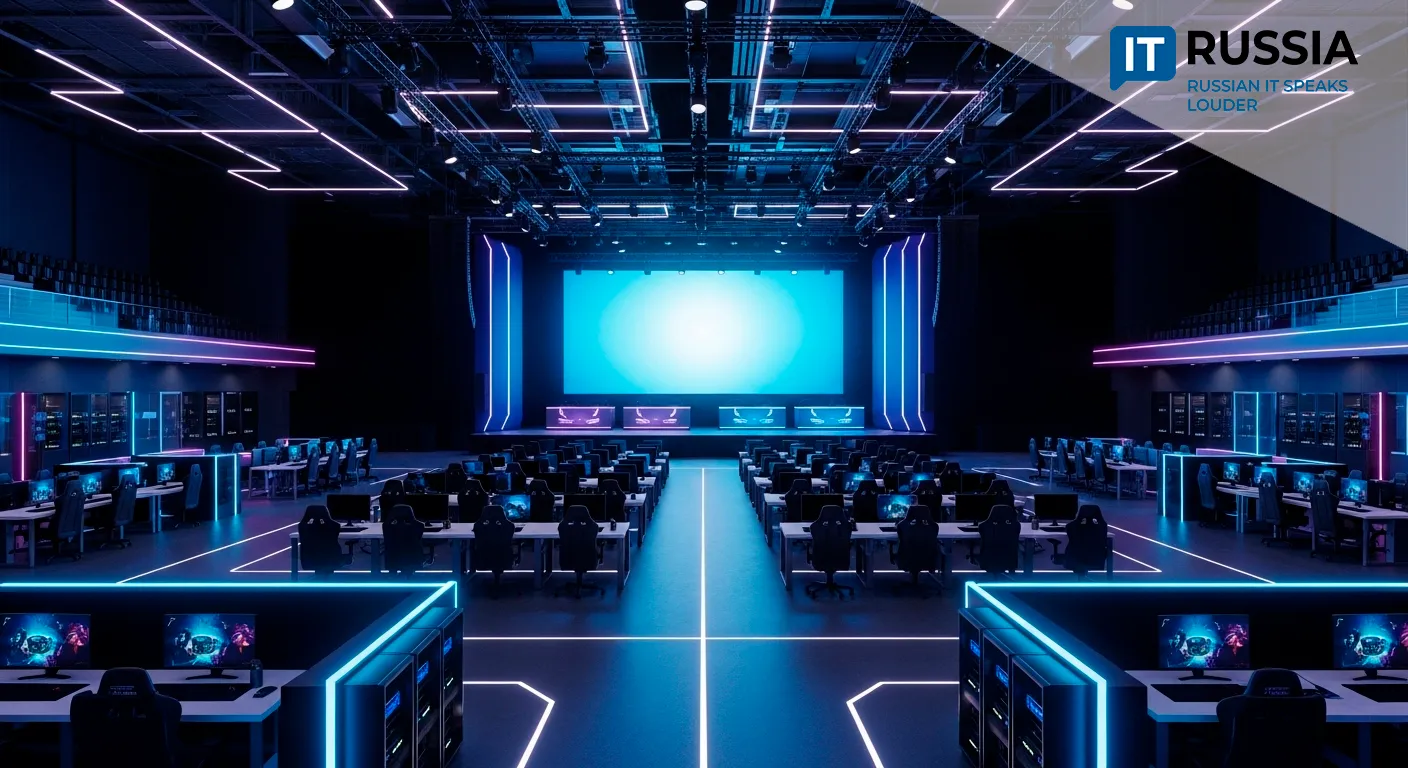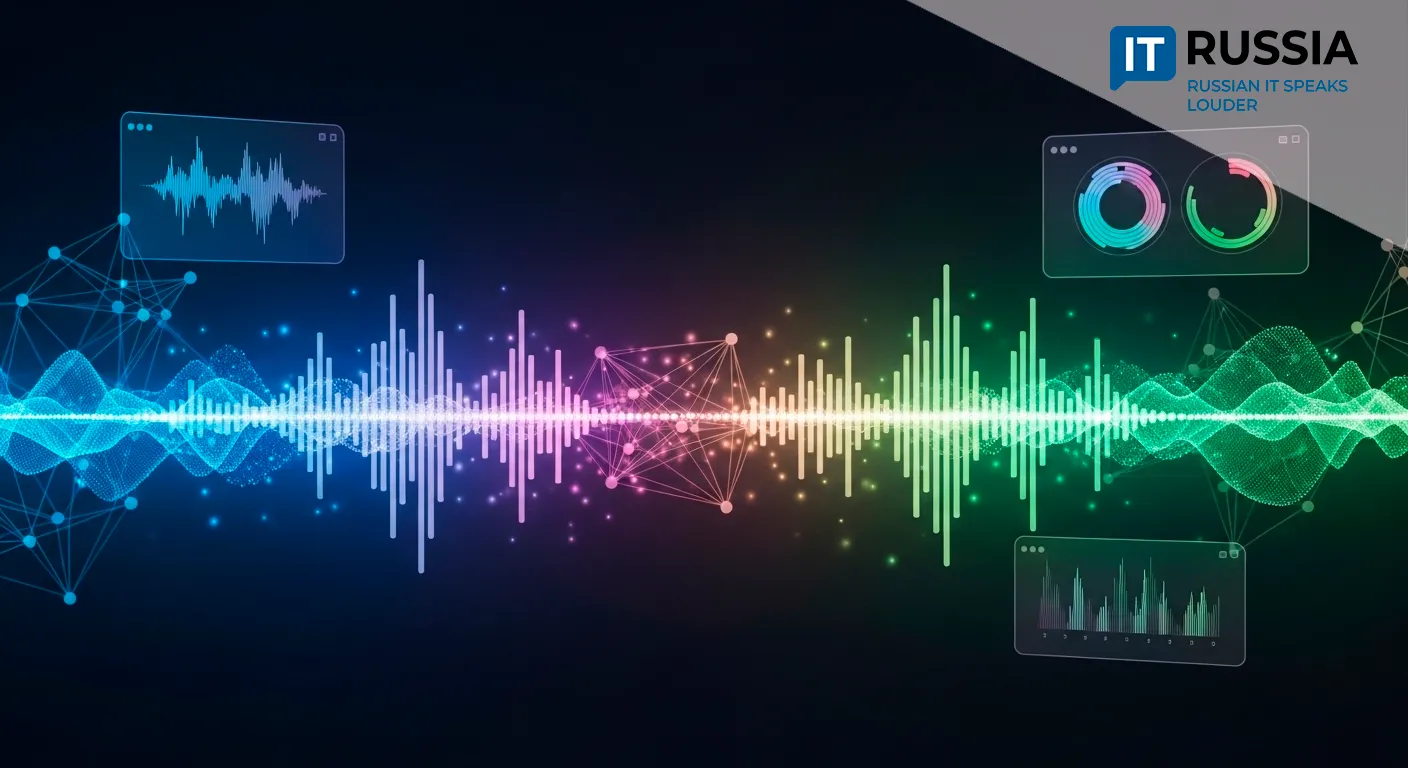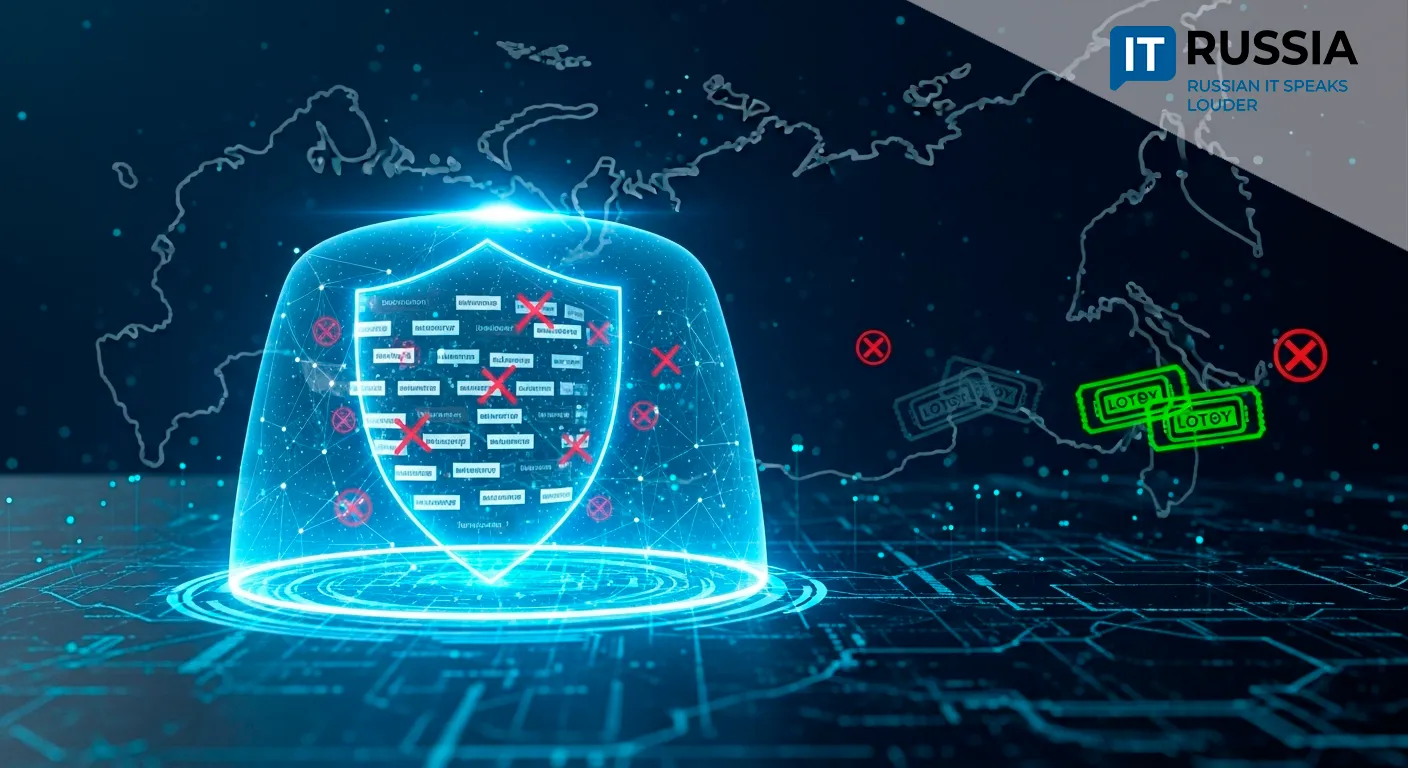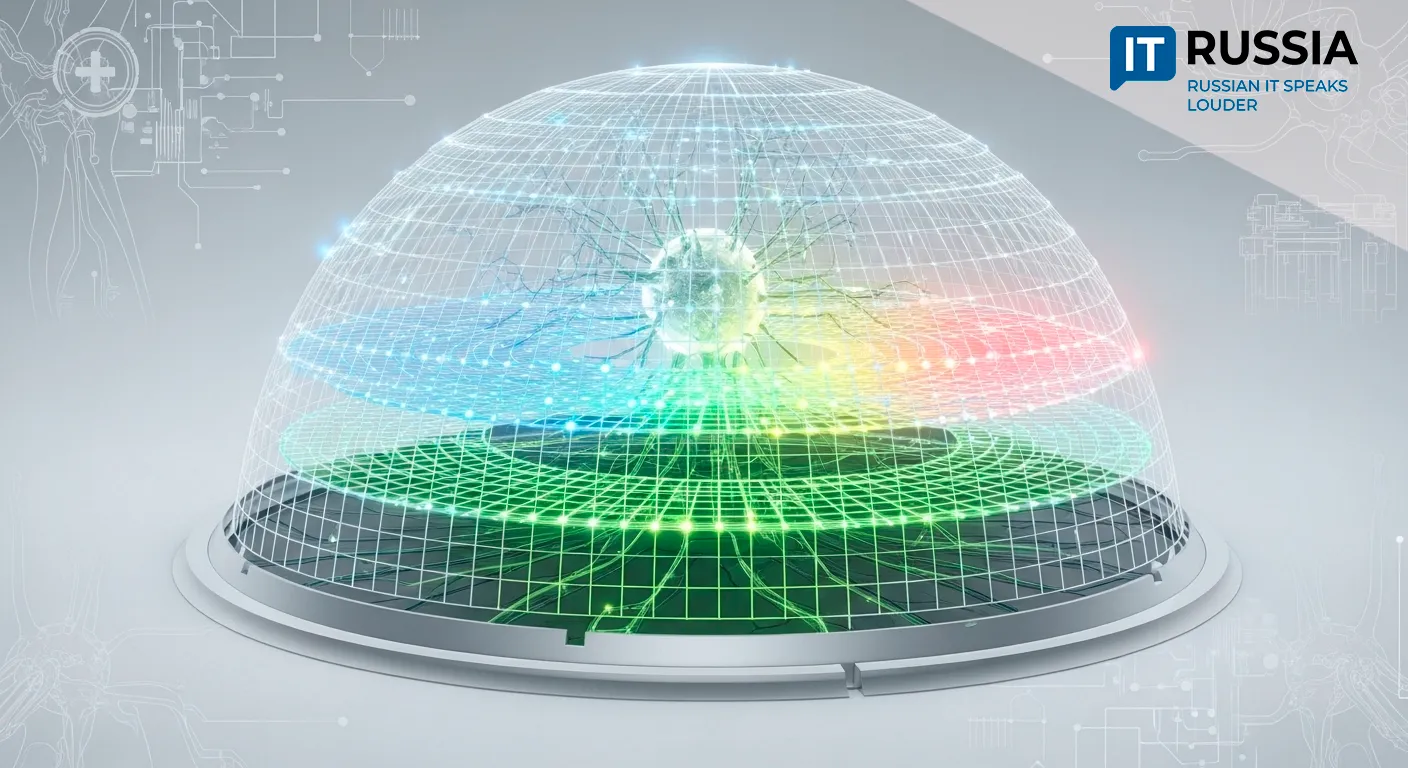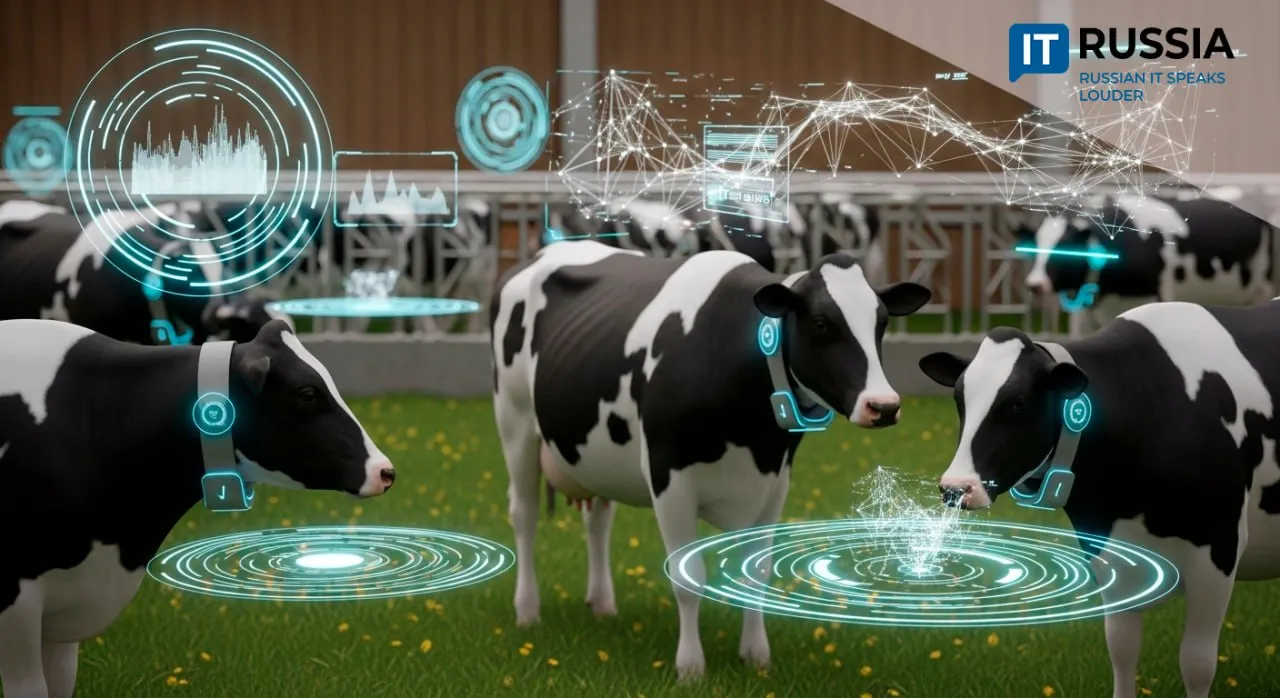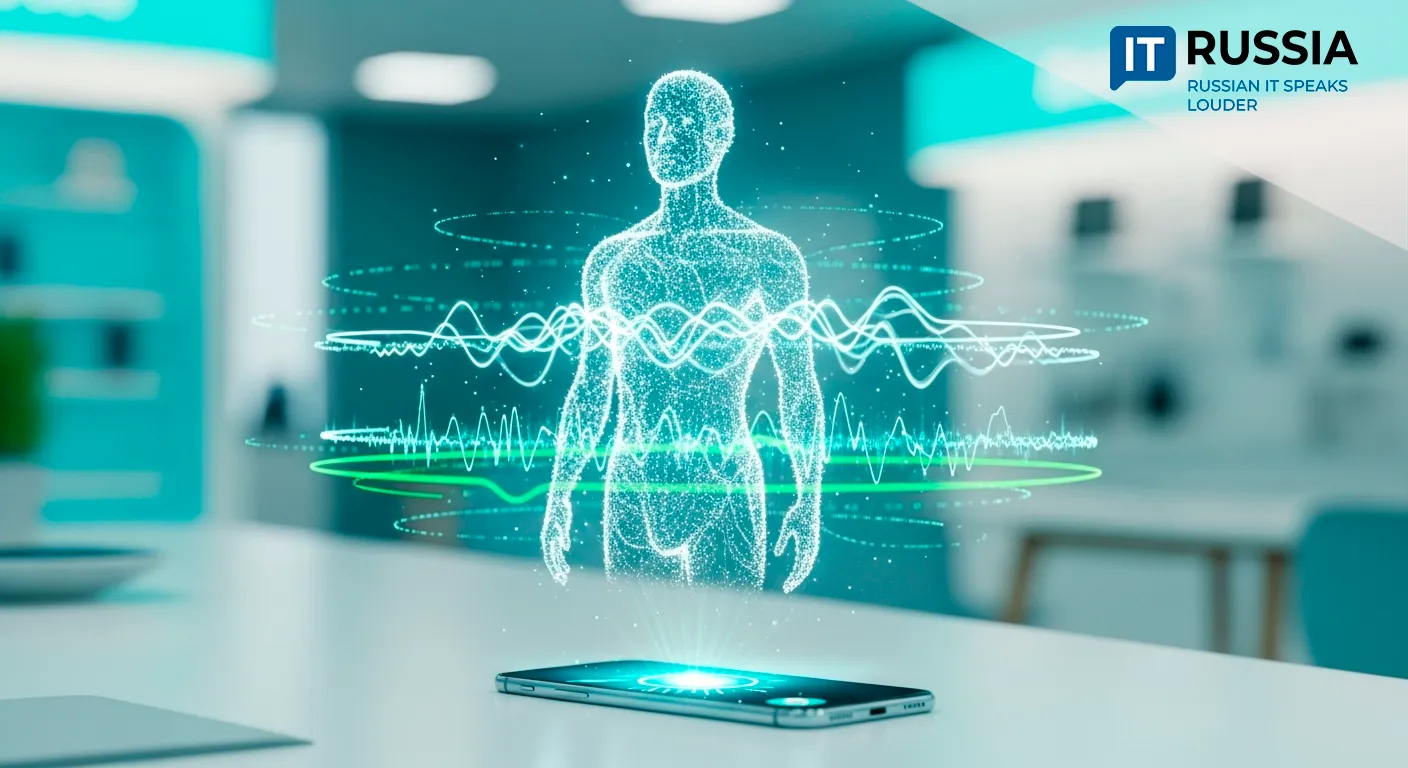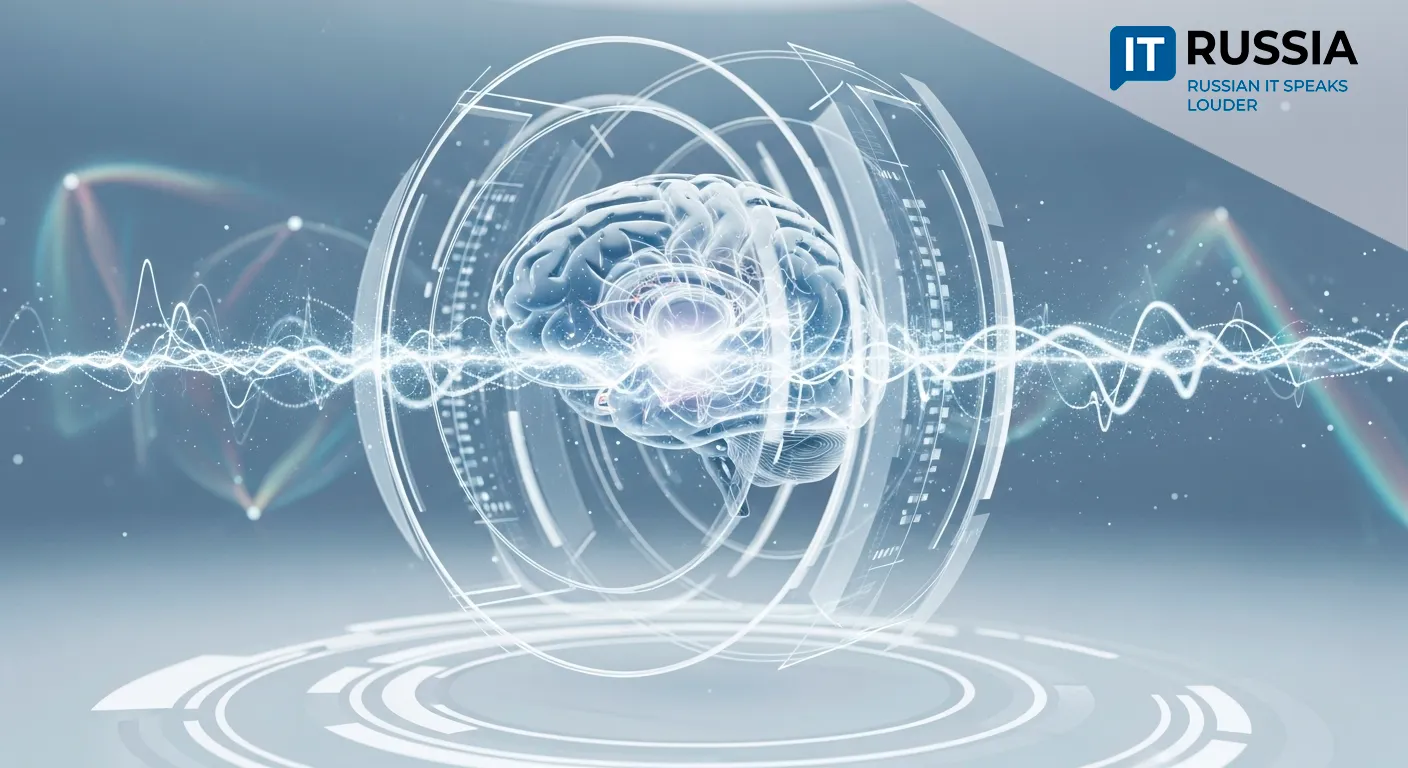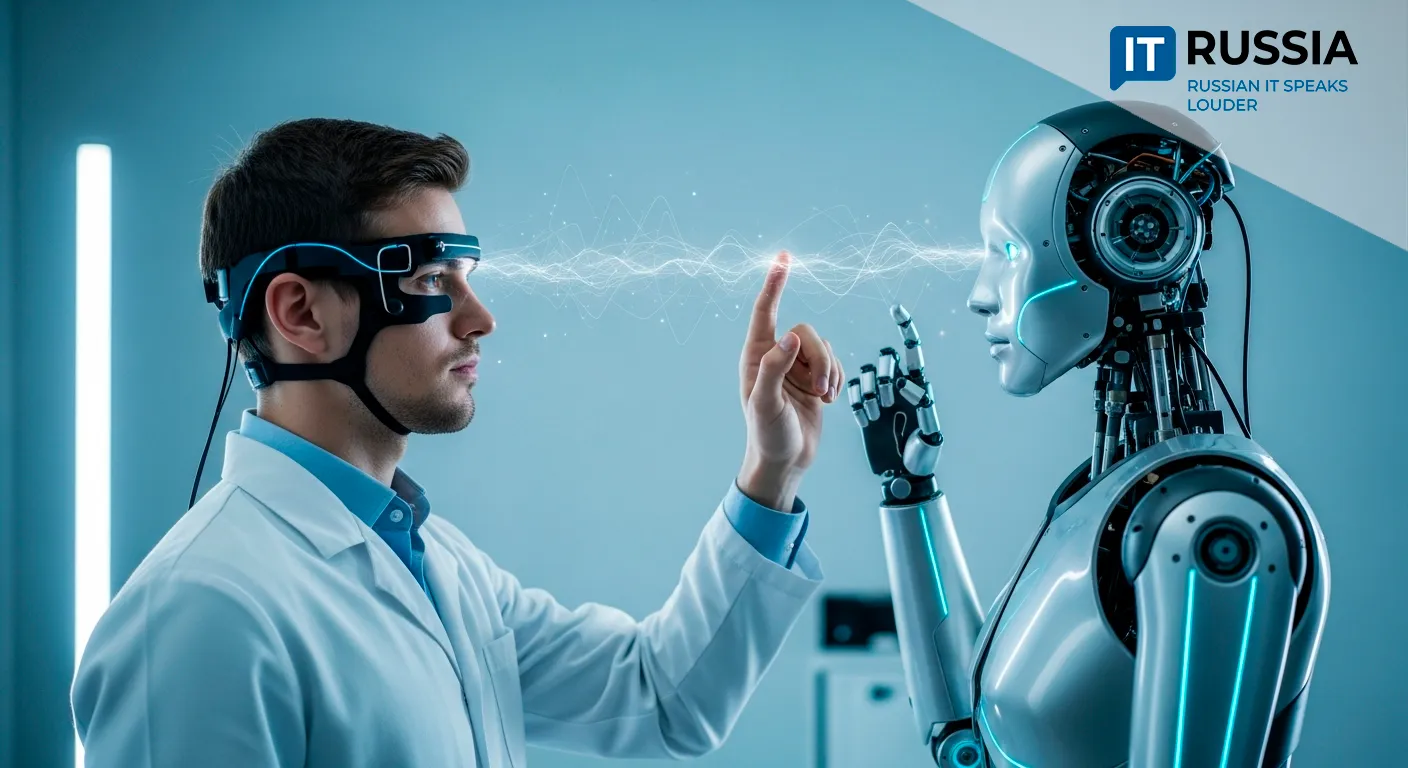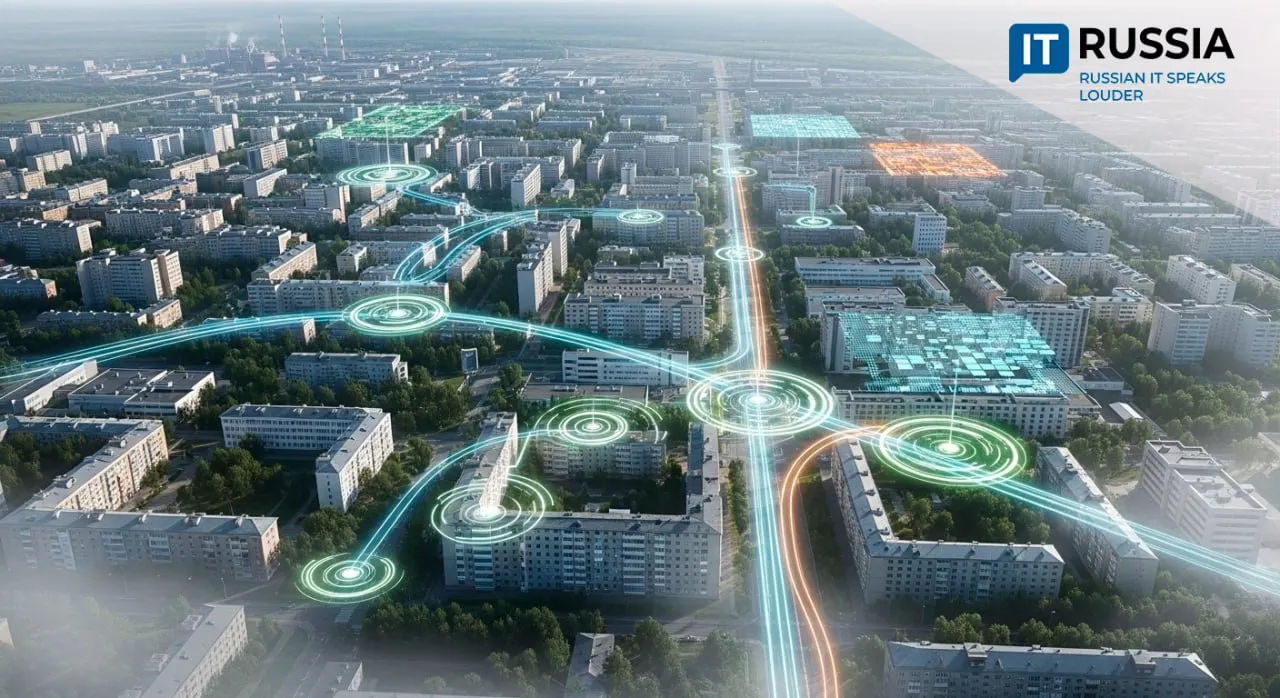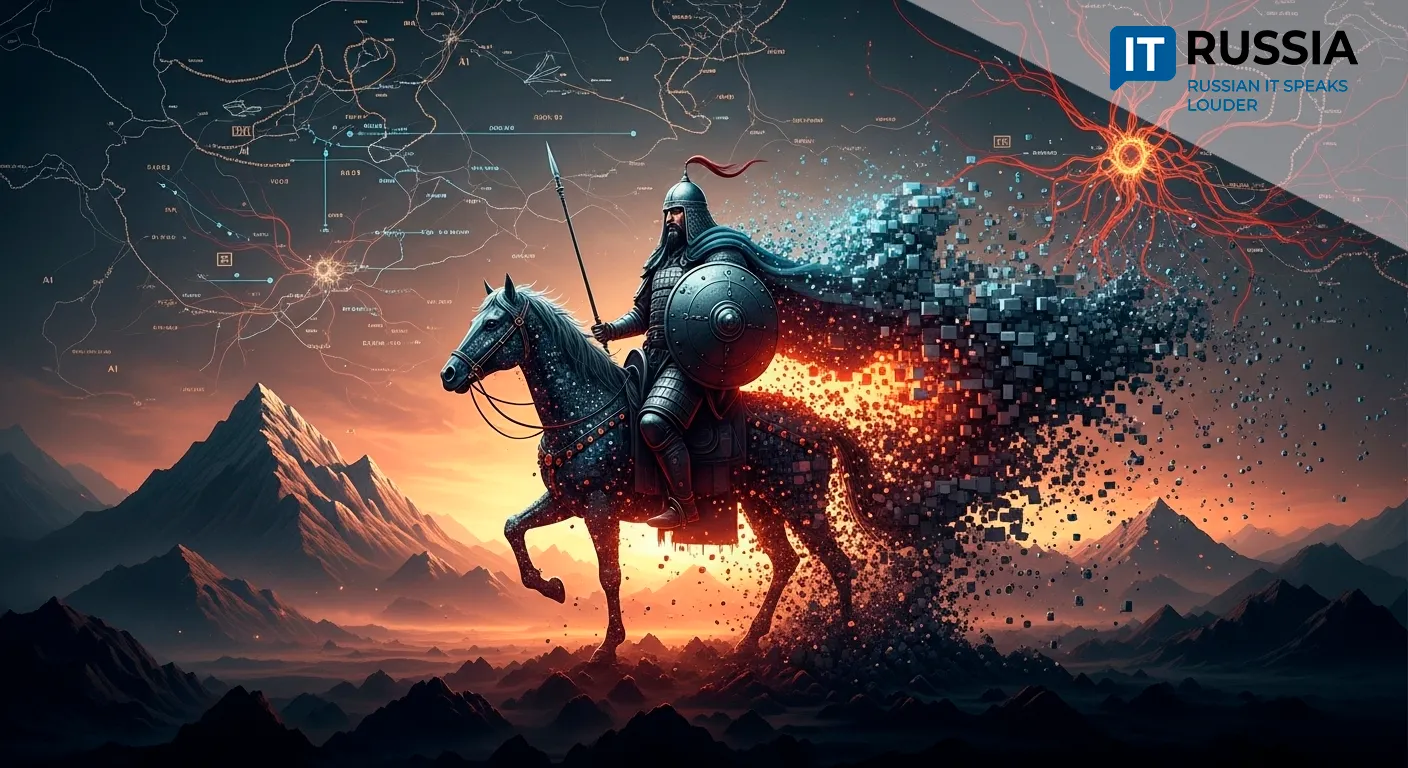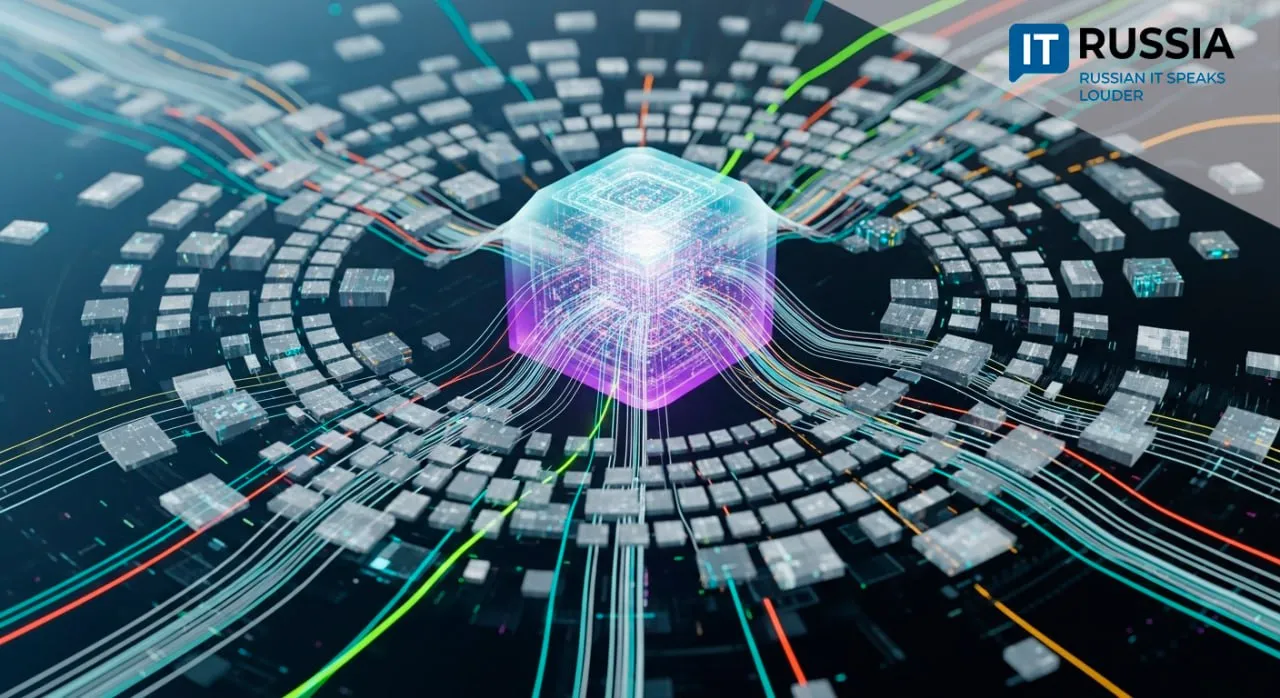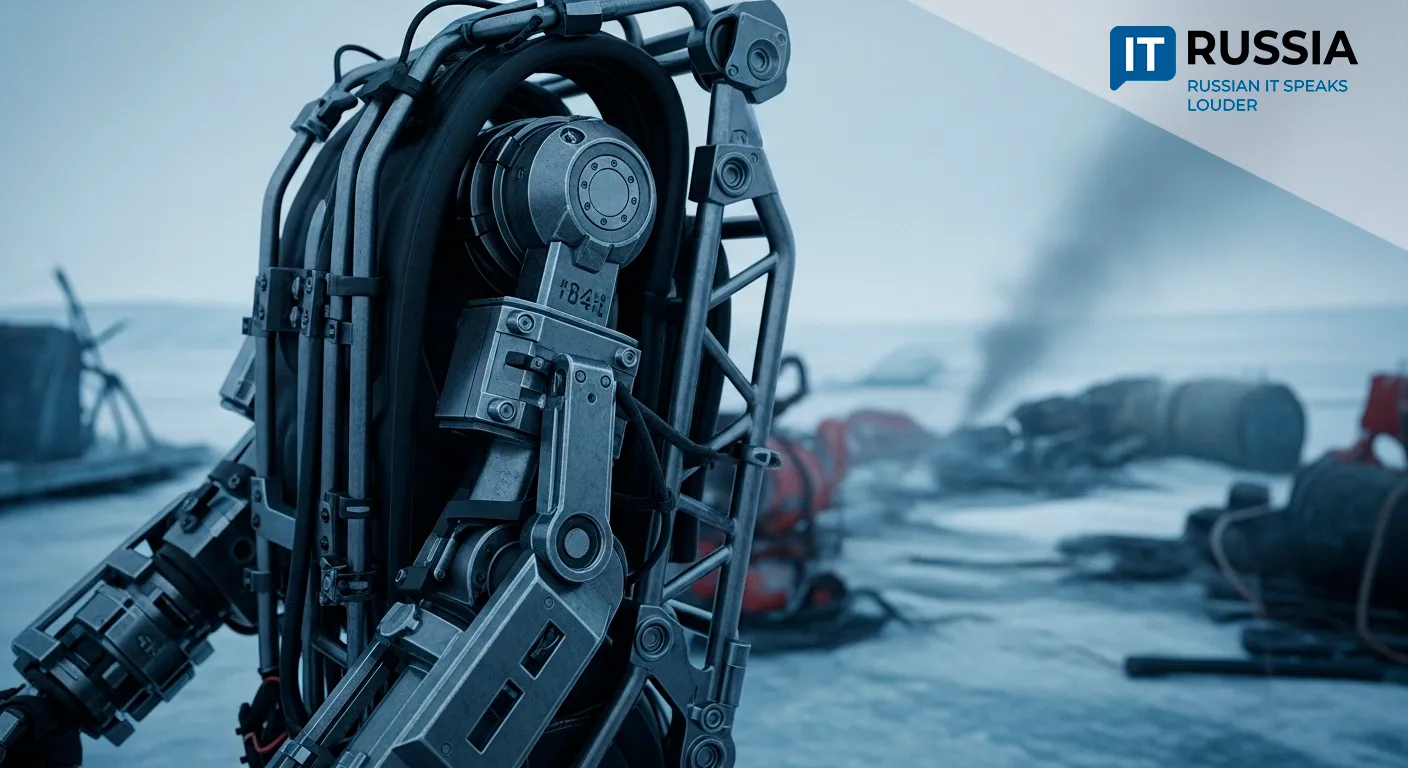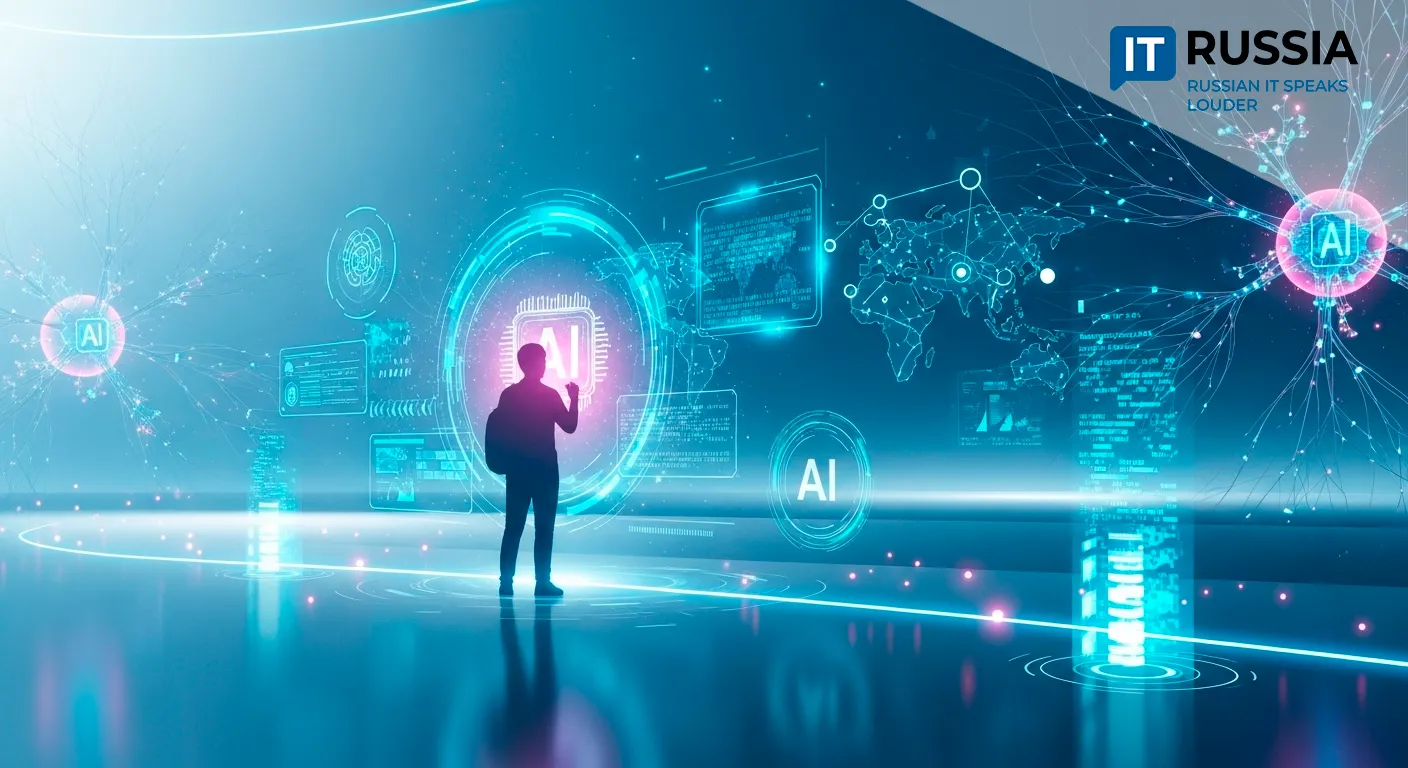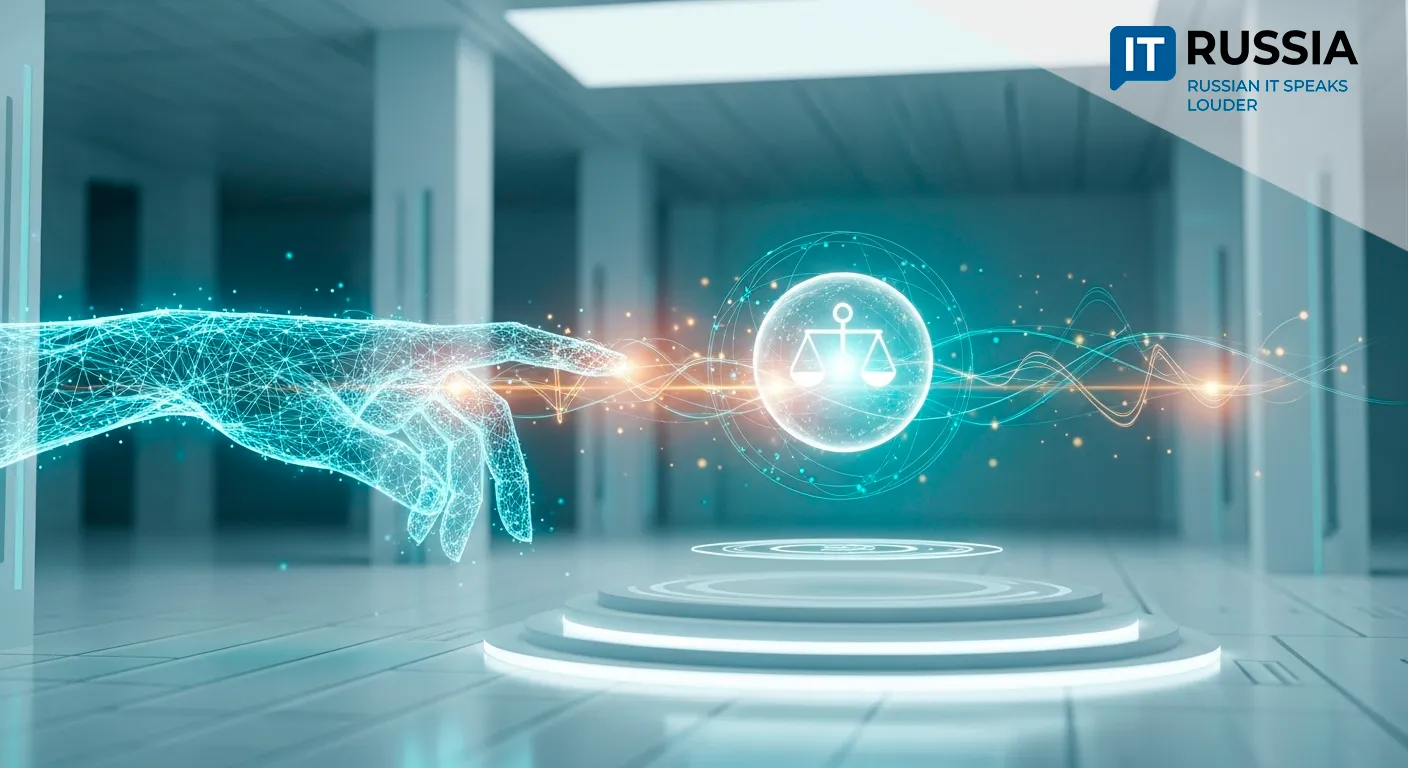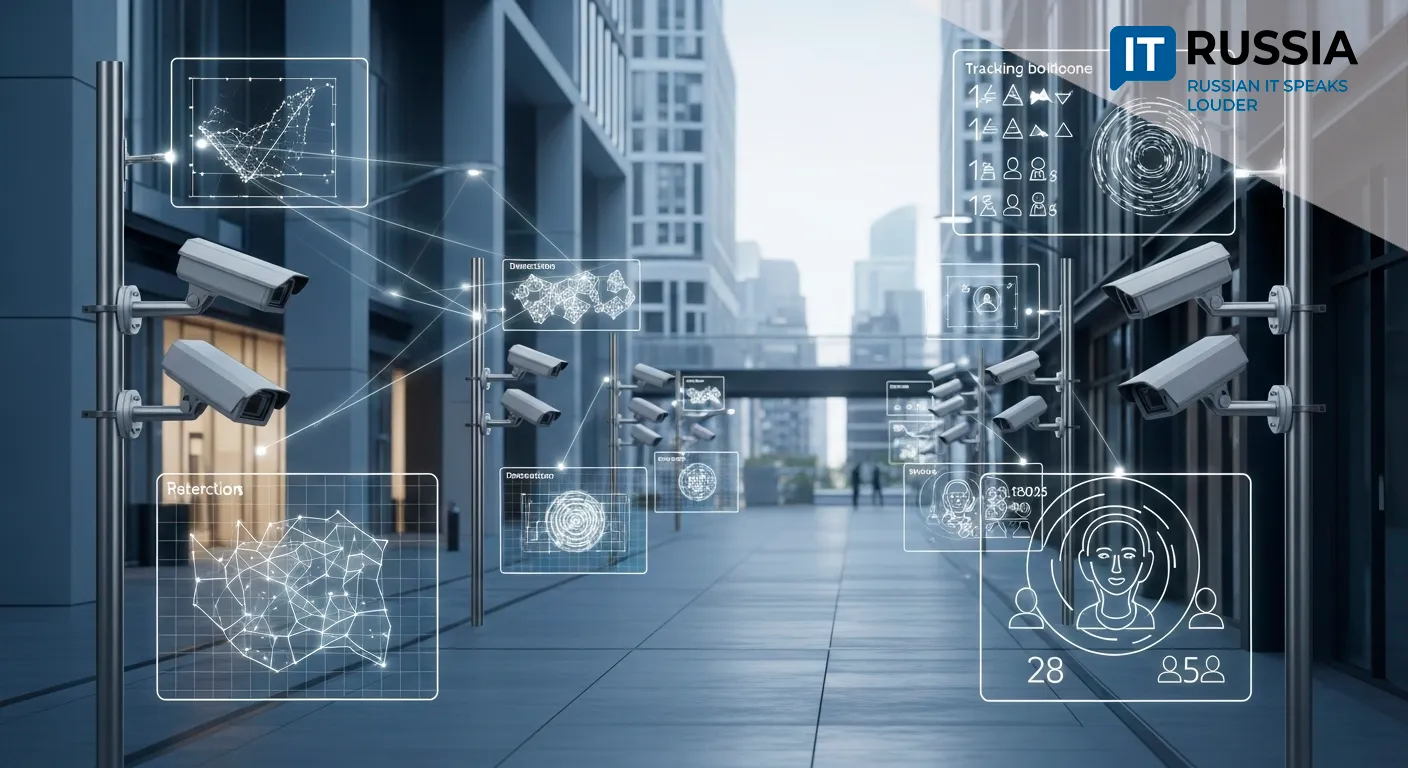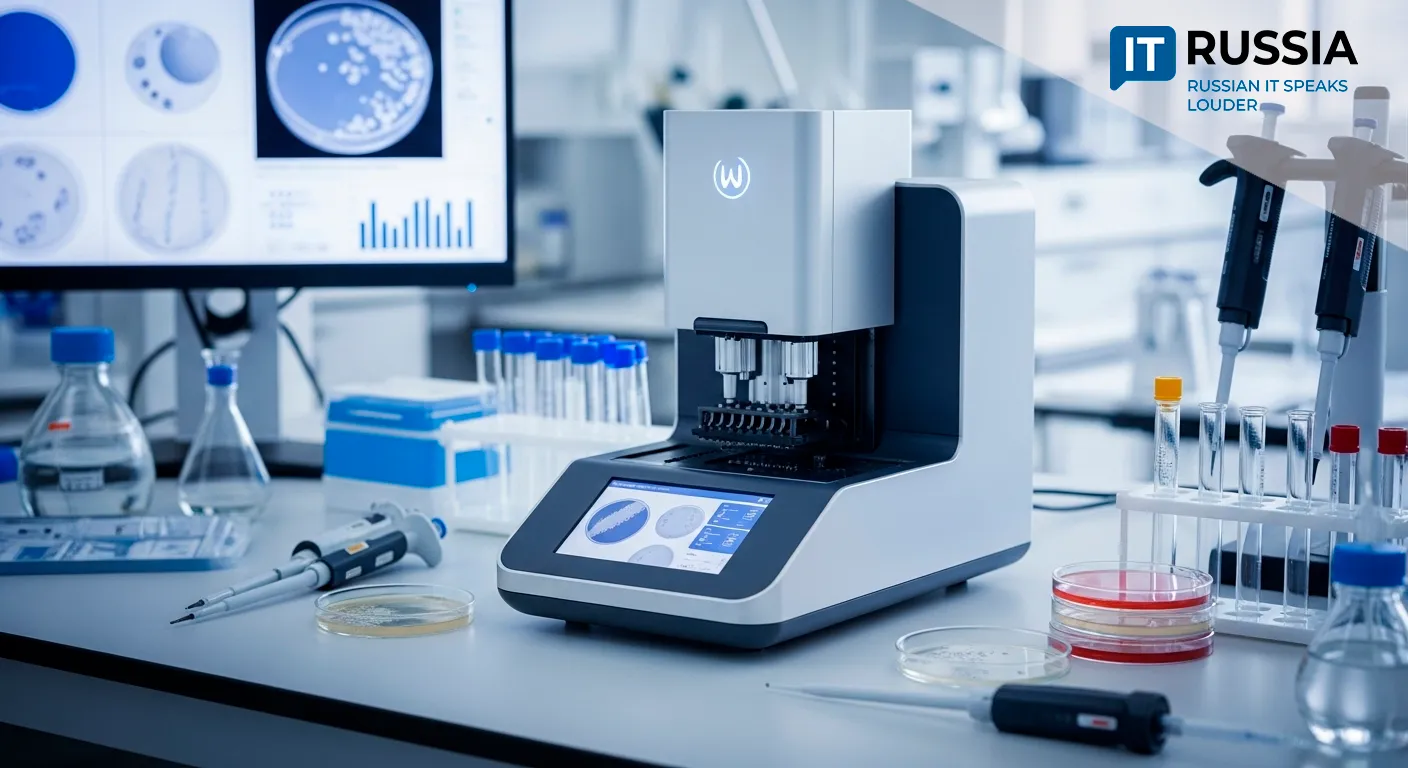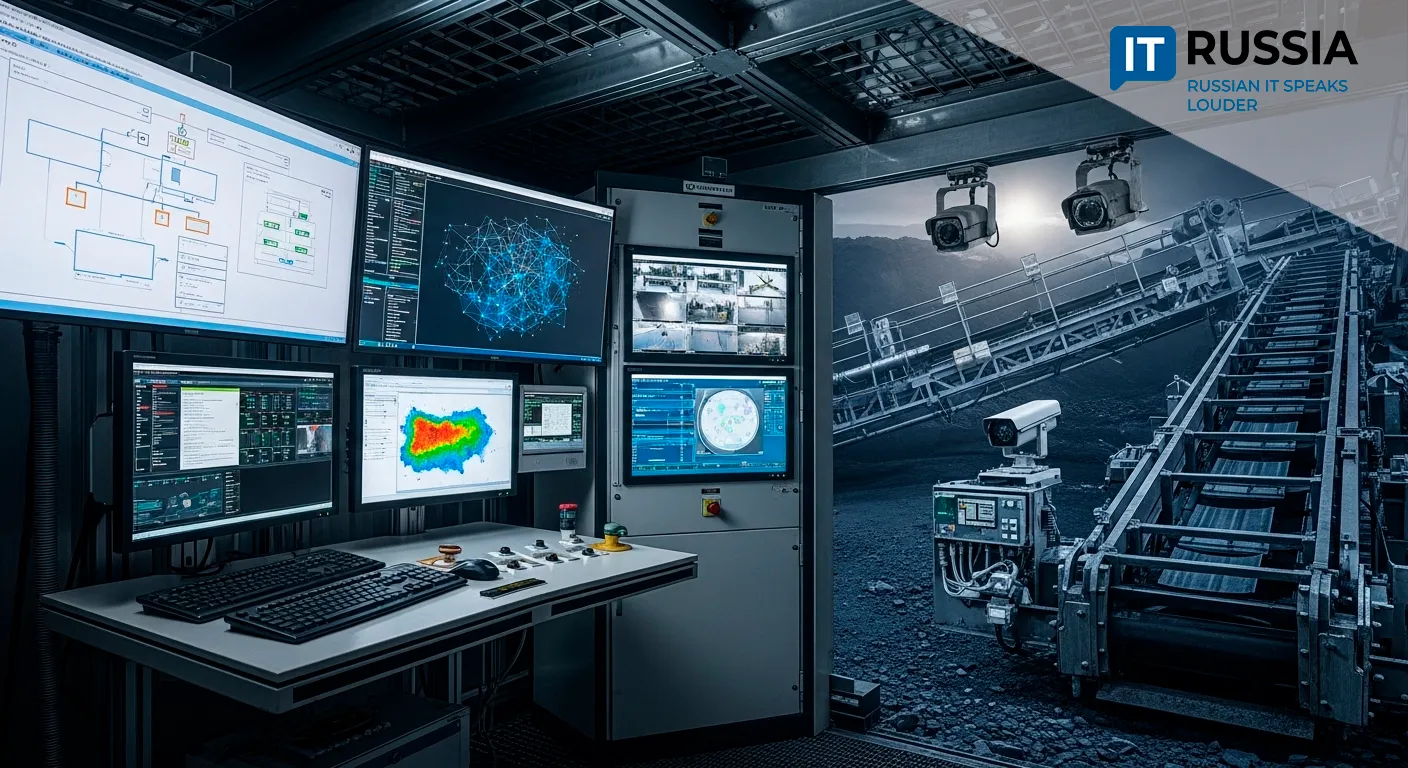Timiryazev Academy Cultivates a New Crop of AI Professionals
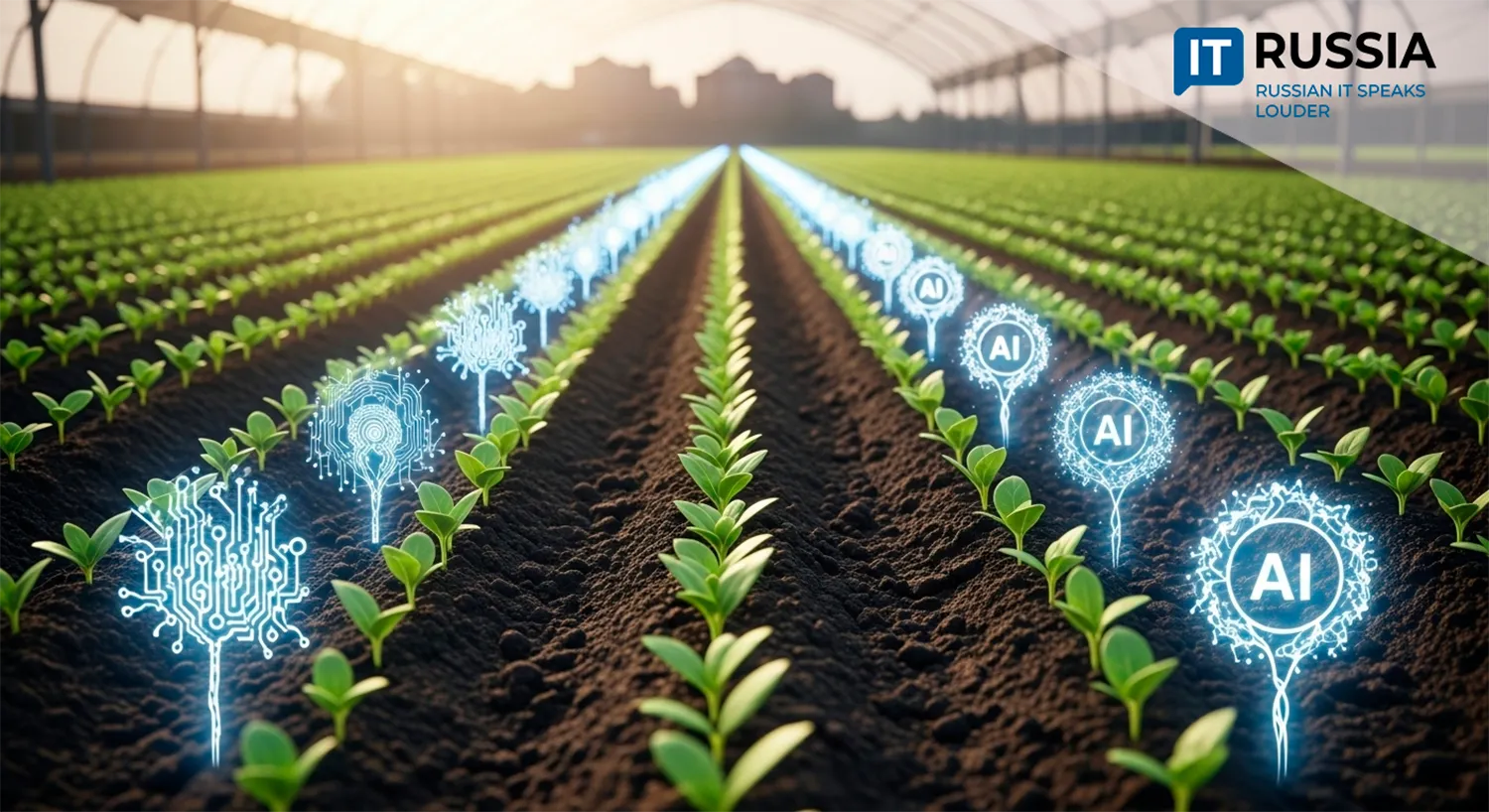
Russia’s top agricultural university is launching next-gen training programs in artificial intelligence, bridging tech and education in a fast-growing sector.
Internships and Real-World Cases
In 2025, a new phase in AI workforce development is launching in Russia. The Russian State Agrarian University – Moscow Timiryazev Agricultural Academy is concluding admissions for a suite of innovative AI-focused programs, including 'AI Manager,' 'MLOps Specialist,' 'Machine Learning Engineer,' and 'Data Analyst.'
The initiative is supported by the Russian Ministry of Digital Development and the Analytical Center under the Government of the Russian Federation. It brings together dozens of leading domestic IT companies and universities to build a sustainable pipeline of AI professionals equipped to serve both the public and private sectors.
Russia’s Minister of Science and Higher Education, Valery Falkov, emphasized the strategic value of this transformation: “Russian universities need to produce a new generation of highly qualified professionals with the necessary competencies. We must rethink the very foundations of higher education—its goals, values, and its role in society.”
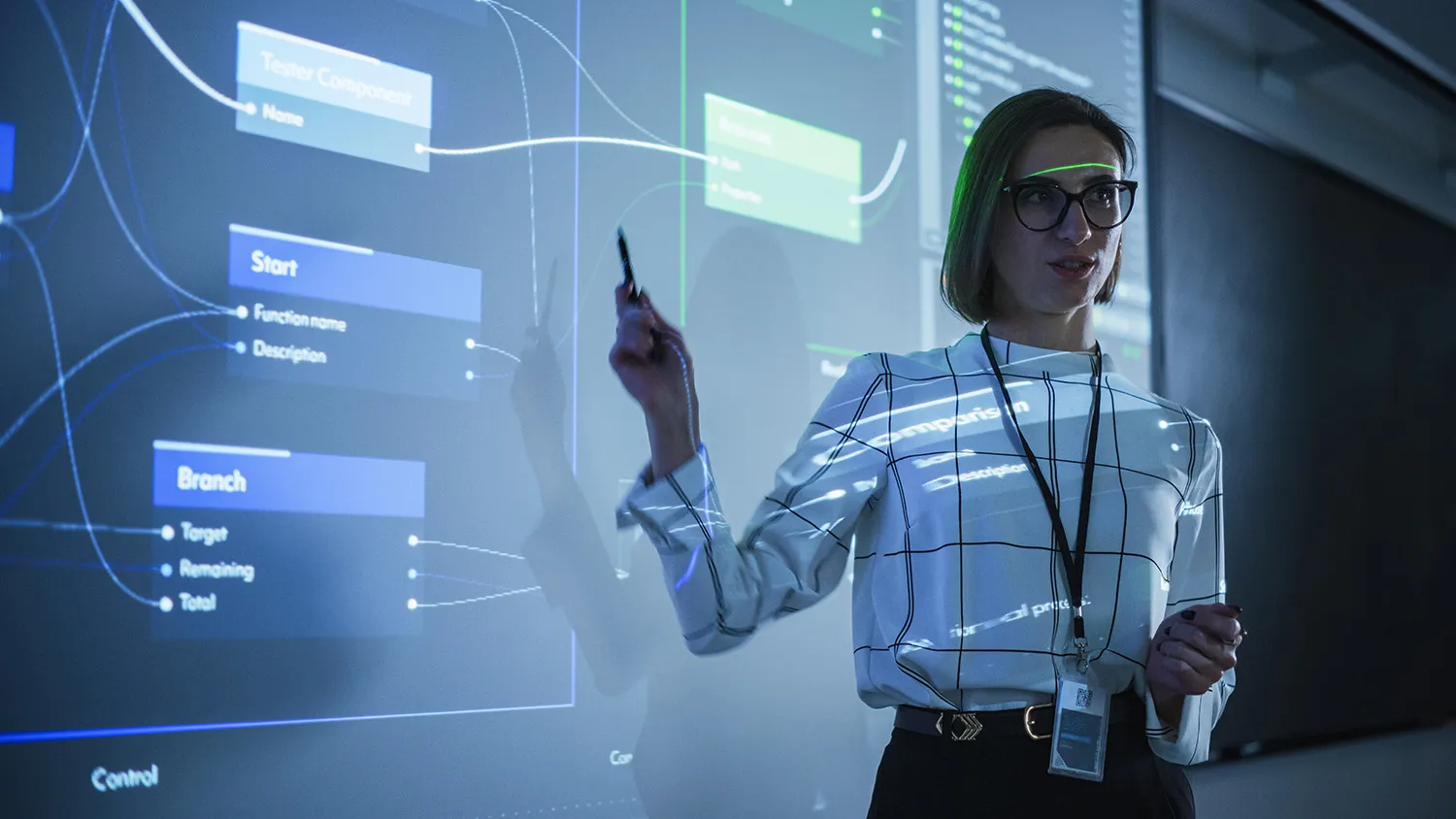
The curriculum emphasizes practical application, including internships, real-case studies from industry partners, and project-based learning models.
Digital Transformation in Education
In 2024, Timiryazev Academy established a pioneering Digital Transformation Project Institute focused on AI in agriculture. Commenting on the initiative, university rector and RAS academician Vladimir Trukhachyov said, “We see enormous potential in applying AI to the agricultural sector, and we also understand the unique industry-specific challenges of integrating this technology.”
The new programs are designed primarily for Russia’s internal needs, but they also hold significant export potential. If successful, this model could be adapted for global markets under the National Technology Initiative’s 'Digital Economy' framework or used as a pilot for online education and international cooperation.
This opens up opportunities for building a competitive Russian brand in IT education, on par with leading models from India, China, and the EU. The effort is also backed by national programs like 'Artificial Intelligence' and 'Workforce for Digital Transformation.' In some cases, private industry is already contributing through grants and subsidies, resembling the model seen in NTI Competence Centers, which unite universities and industrial players across biotech, autonomous systems, and more.
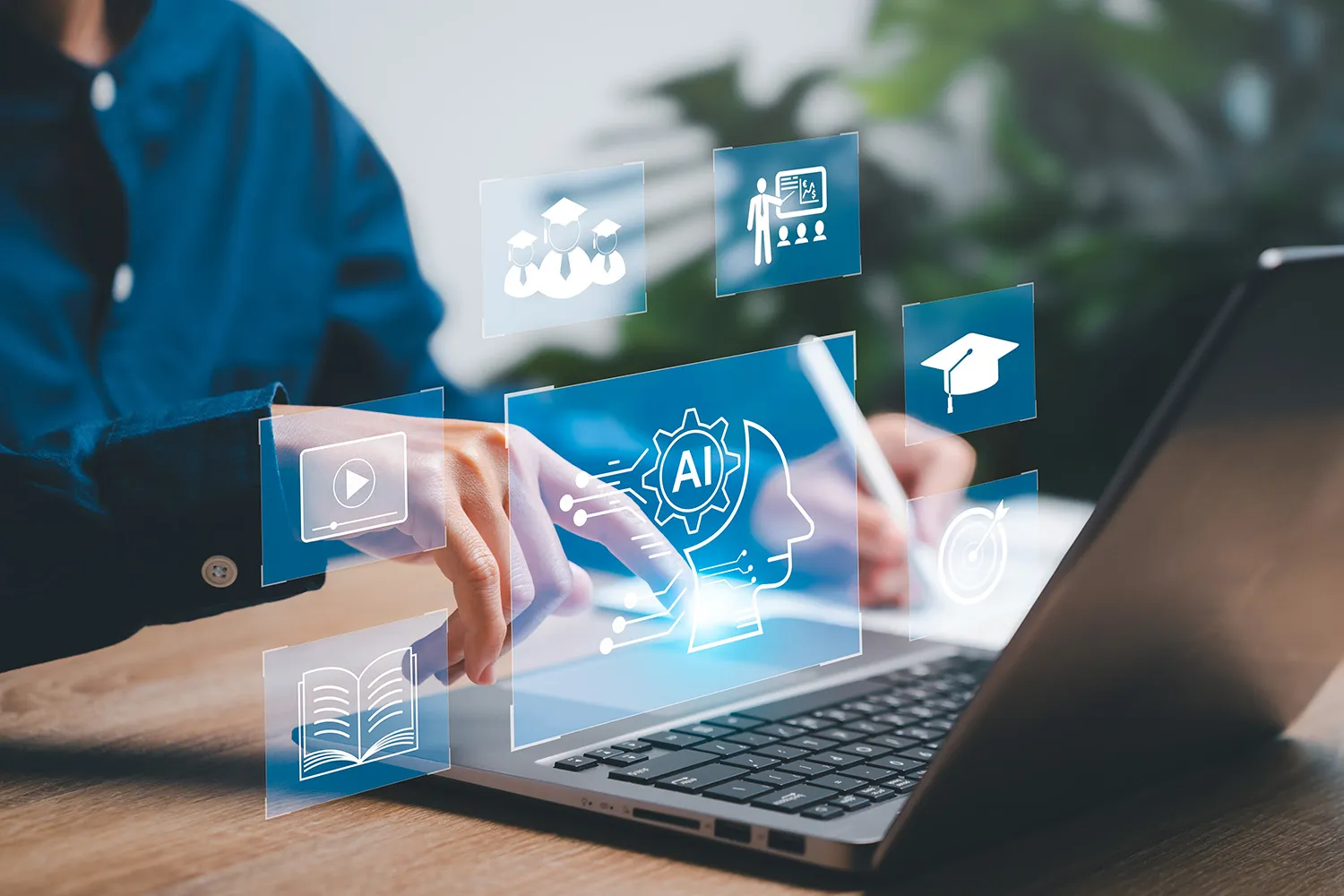
Building on a Five-Year Foundation
Over the past five years, Russia has laid the groundwork for a systematic approach to AI education. From 2017 to 2020, NTI Competence Centers brought together top institutions like ITMO University and MIPT with major corporations to pursue both educational and research goals.
In 2025, the Analytical Center under the Russian Government announced new grants for universities participating in AI talent development. These efforts build on initiatives like the 'Code of the Future: AI' program, launched on the Gosuslugi platform in 2023–2024, and the Yandex AI360 educational program, implemented with support from Sberbank, ITMO, and HSE University.
Together, these initiatives form the backbone of Russia’s national strategy for digital transformation through education.

Forecasts and Future Outlook
The new programs at Timiryazev Academy highlight the power of state-academic-business collaboration. Their practice-based approach makes graduates highly employable, while the underlying educational model is scalable to other sectors.
Experts predict the federal program will expand significantly in the coming years, increasing the number of participating universities, diversifying AI specializations, and advancing digital learning formats. These changes will help reach more prospective students and make high-quality education more accessible.
In the long term, Russia’s AI training system could evolve into a fully exportable product—similar to what already exists in China and India. This would require English-language programs, deeper global partnerships, and a dedicated strategy to promote Russian IT education on the international stage.





